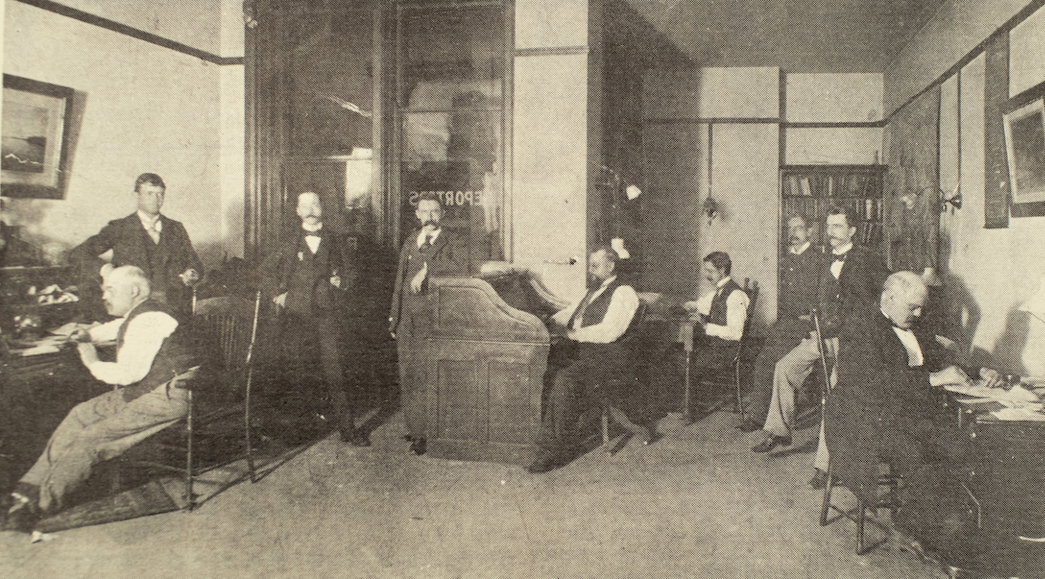At least six men across Oregon have been accused of intentionally setting blazes during a disastrous wildfire season that has burned more than a million acres, killed at least nine people and annihilated homes, entire towns and beloved natural areas. (1/7)
None of them have ties to left- or right-wing groups or appear to have been motivated by politics, according to police and court records reviewed by @Oregonian. (2/7)
Only one of the accused fire starters, a southern Oregon man with a history of meth use, is accused of damaging more than a dozen homes and endangering people’s lives. Prosecutors say another man in Lane County caused hundreds of acres to burn near a sleepy timber town. (3/7)
The remaining four — whose criminal records point to drug addiction, homelessness and mental illness — are suspected in much smaller fires that were quickly put out, according to authorities and court documents. (4/7)
Still, the alleged acts have stoked fears amid a natural catastrophe unrivaled in Oregon’s recent past and fueled speculation into the causes behind some of the state’s largest and most devastating wildfires. (5/7)
So far, only one of the state’s major conflagrations, the Almeda fire in Jackson County, is being investigated as a crime. The causes in at least eight others remain unknown at this time. (6/7)
Meanwhile, downed utility lines in Marion and Lane counties may have started some of the blazes that fed the deadly Beachie Creek and Holiday Farm fires, according to state officials and witnesses.
Read the full story: trib.al/vuBYxX3 (7/7)
Read the full story: trib.al/vuBYxX3 (7/7)
Our work is made possible by our subscribers. A digital subscription is just $10/month. It’s quick and easy to subscribe: oregonlive.com/digitalsubscri…
• • •
Missing some Tweet in this thread? You can try to
force a refresh










